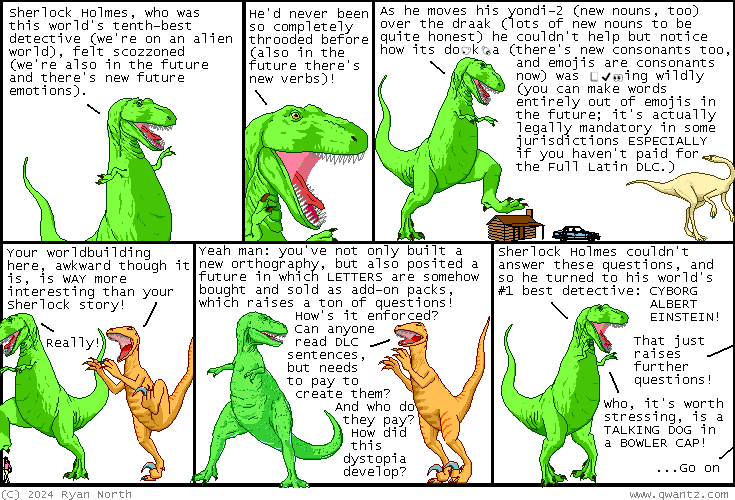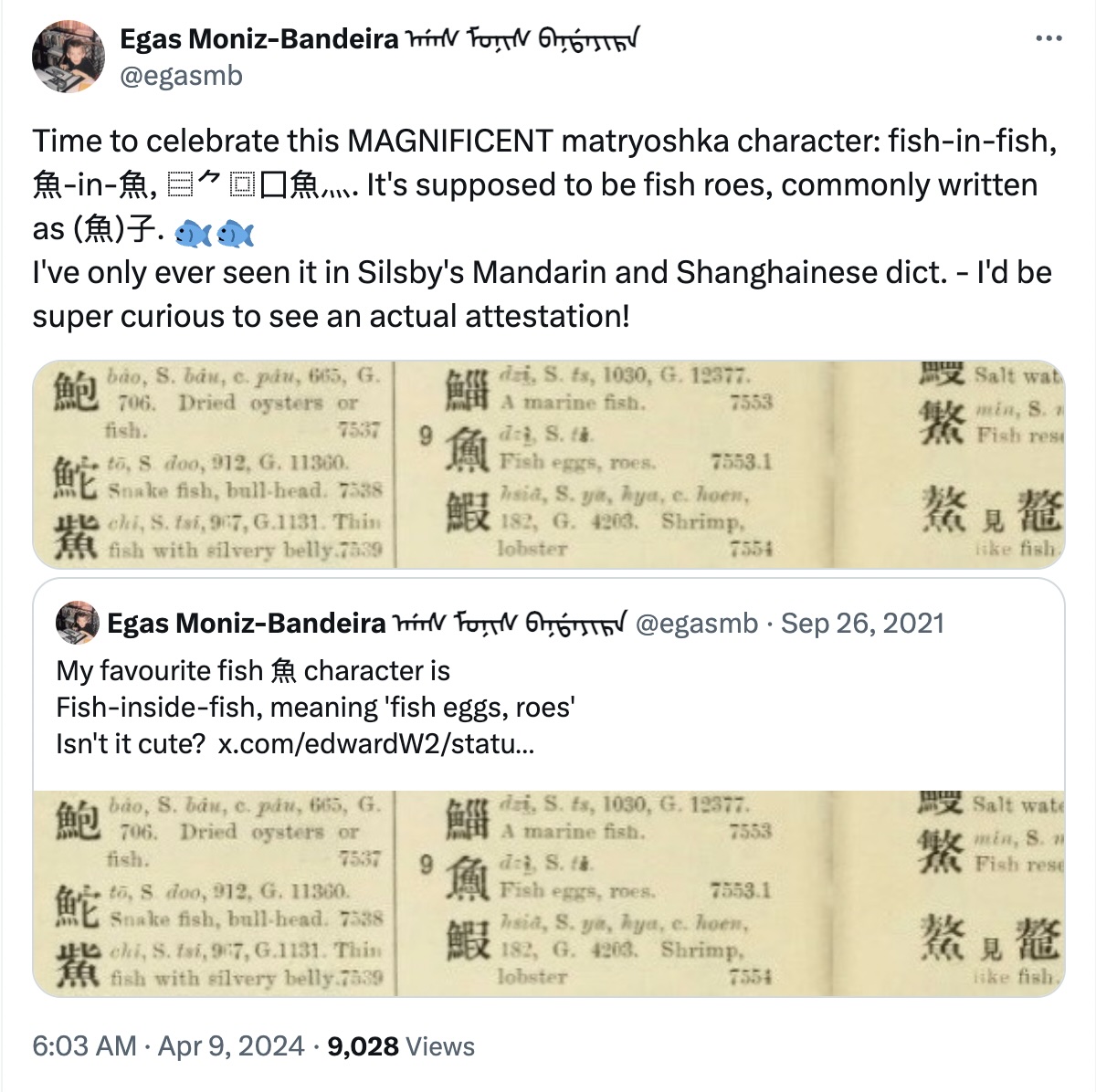Most Language Log readers are aware that the Japanese writing system consists of three major components — kanji (sinoglyhs), hiragana (cursive syllabary), and katakana (block syllabary). I would argue that rōmaji (roman letters) are a fourth component, as they are in the Chinese writing system.
How do people decide when to switch among the different components of the Japanese writing system? Of course, custom and usage determine when to use one and when to use another. (It's a bit like masculine, feminine, and neuter in gender based languages [a frequent and recent topic on Language Log] — you don't ask why, you just do it].) In most cases, convention has fixed which of the three main components of the writing system is used for a particular purpose. On the other hand, since I began learning Japanese half a century ago, I noticed a fairly conspicuous slippage regarding what I had been led to believe were predetermined practices.
Sanae Heist, a senior studying linguistics at Columbia University, brought this whole matter to the surface when she wrote to me as follows:
Read the rest of this entry »


